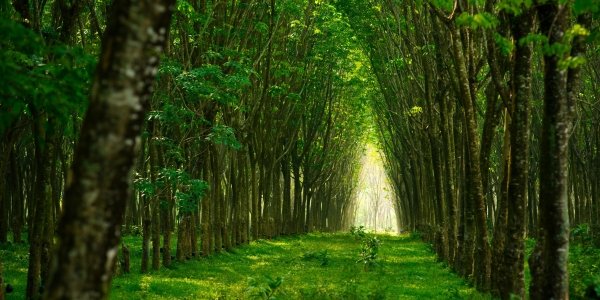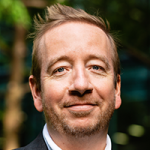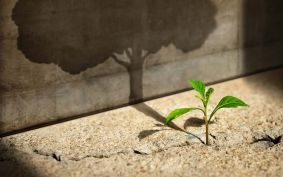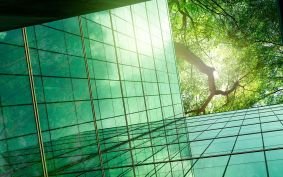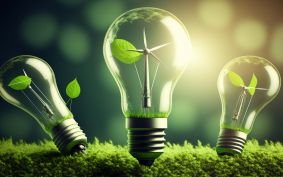Capitalising on a proven commitment to environmental, social and corporate governance, rubber industry giant Corrie MacColl recently obtained a unique sustainability-linked loan. Ryan Wiener, the company’s Global Head of Strategic Marketing, explains how the criteria of the loan were agreed, and how the choice of banking partner was made.
Environmental, social and corporate governance (ESG) lies at the core of Corrie MacColl’s business principles. A subsidiary of Halcyon Agri Corporation, the natural rubber producer owns and manages the world’s largest rubber plantation, 100,000 hectares, in Cameroon.
“Cameroon is not a traditional source of rubber,” admits Wiener. “So our aim is to solidify its place on the map.” Achieving this means going further than just producing rubber, he believes. “Our goal is to create a great product that doesn’t just minimise the environmental impact of its production, but also positively influences its place and people of origin to create a natural rubber that is truly sustainable.”
With this aim in mind, the company, which is the largest private-sector employer in Cameroon, has implemented a strategy to tackle the challenging task of marrying socio-economic development with environmental preservation. Over the past couple of years, among other progressive strides, Corrie MacColl has announced a zero-deforestation commitment in Cameroon, become a signatory to the United Nations Global Compact, and launched BOUNCE, the world’s first sustainable rubber movement anchored by the UN Sustainable Development Goals.
Sign up for free to read the full article
Register Login with LinkedInAlready have an account?
Login
Download our Free Treasury App for mobile and tablet to read articles – no log in required.
Download Version Download Version

